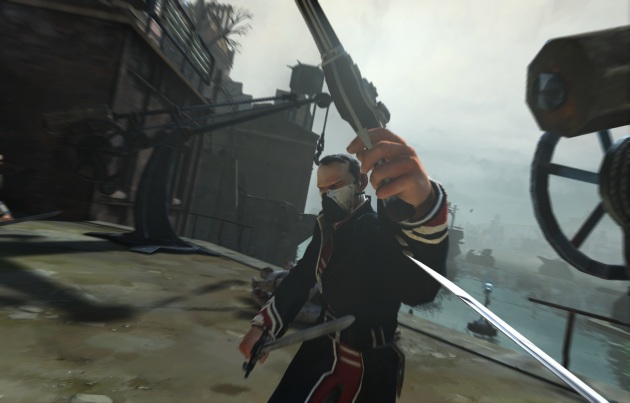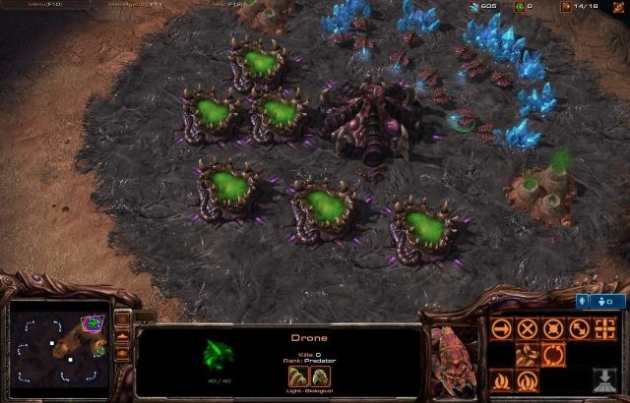In this review of Spec Ops: The Line, Gus Mastrapa discusses the way the player-character’s companion characters can be directed to target specific opposing characters with “kill orders”, which he describes as “a useful way to multitask the busywork of killing enemies”. Spec Ops: The Line is a game with a lot of ambition to tell a story with parallels Joseph Conrad’s ‘Heart of Darkness’, and its perhaps more well-known film adaptation, ‘Apocalypse Now’, and yet, it reduces the business of murder to “busywork”, something for the player to do in-between set-pieces and cutscenes. And it’s far from alone in this among video games, even those with high ambitions on a thematic or narrative level.
This Onion News Network video from 2009, about a game that “consists solely of shooting people in the face”, but has players praising it for creating a “deep, complex world” might seem like a gross misrepresentation of what video games are about, but to an outside observer, that’s often pretty hard to tell. Take BioShock, for example, which I’d argue is one of the best games of the last five years. It offers a rich and fascinating world to explore, filled with complex characters, and also deals with Objectivist politics and themes of free will and morality. Unlike The Onion’s “Close Range”, all of that stuff is demonstrably present in BioShock. And yet, the vast majority of a player’s time spent with the game, and a vast majority of what they’ll actually spend doing in the game, revolves around, basically, shooting people in the face. Even if it’s with bees or fire.
There’s an undeniable pleasure to the simple act of doing something and getting a response. Performing an act, and getting a reaction. It’s part of the simple pleasure of most games, pressing A to make Mario jump, or hitting a tree in Minecraft and getting a block. Press button, get cheese. Some people would argue that it’s just a convention in a lot of games that the action you perform is clicking a mouse button or pulling a trigger, and seeing an enemy character get hurt or die. I’m not even suggesting I don’t like these games. But why are we stuck on this particular convention, this particular form of interactivity? Why is this almost the default mode of interactivity, especially for big-budget, high production value games? Even for the vast majority of games that critical consensus calls the best of the medium?
A lot of critics decried the level of graphic violence on show at this year’s E3, but I’m not even talking here about how graphic the violence and killing is, just how widespread it is. Fans drooled with anticipation that one game, Dishonored, might allow them to play through entirely without killing anybody. But shouldn’t we be horrified that just having the option of non-lethal gameplay is noteworthy? Even then, most games with non-lethal options involve violence short of lethality, or simply avoiding engagement with non-player characters. Why is violence the default mode of engaging with non-player characters for so many games? Why are so many of our best games so bereft of any other option?
Violent murder acts, in these games, as a sort of punctuation, a series of pauses between the actual things people praise in a game like BioShock, which are the environments and the narrative, and the themes and ideas they concern themselves with. Yes, people praise the opportunities a game like BioShock provides for killing people in inventive ways, but it’d be hard to argue that offering players opportunities to be inventive necessitates all that killing. And yet there’s so much of it, and it dominates so much of the activity of even the most highly-praised games. Why? Couldn’t we just dispense with the busywork?


